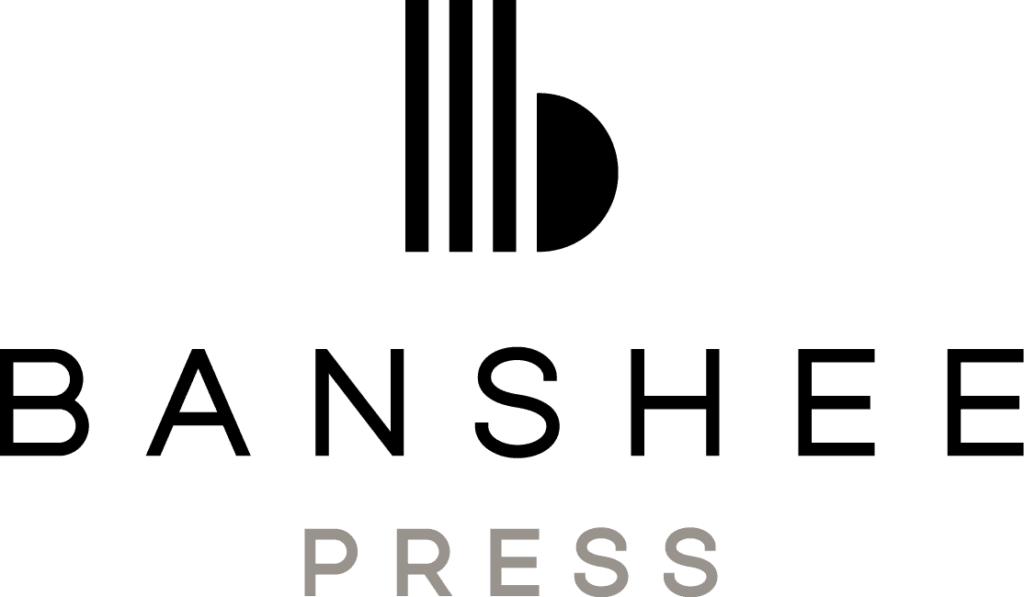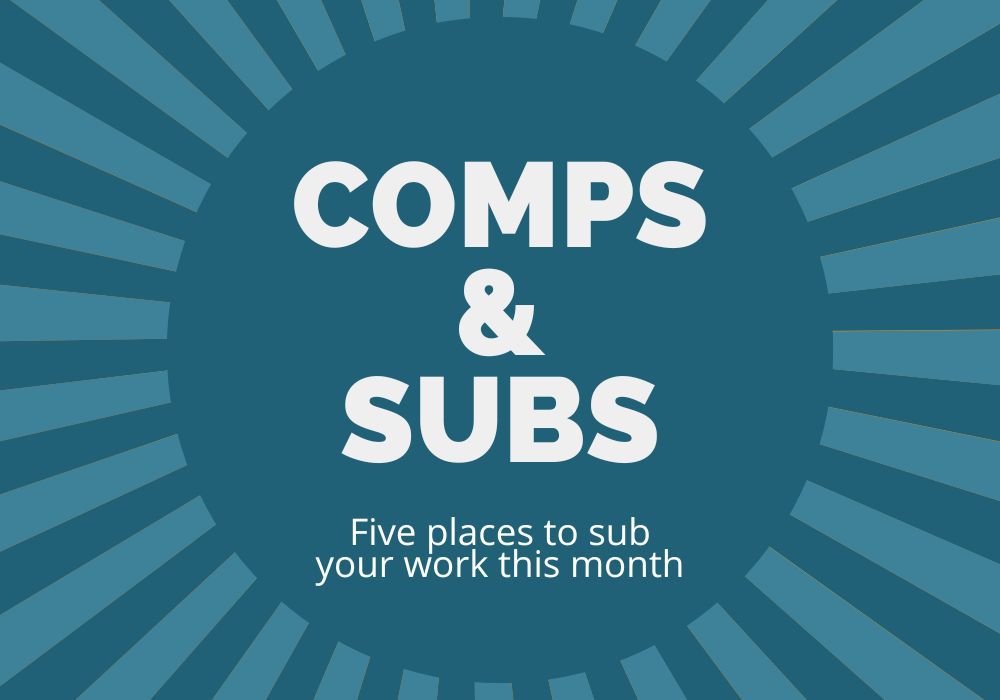As part of our Accessible Submissions For All campaign we’ve been interviewing literary journal editors and writing competition administrators to see the different ways fair, accessible submissions can be managed, and the challenges the lit community faces in the current system. You can read more about our drive to encourage a fairer, more equitable system for submissions and publishing here.
In the latest instalment of our Accessible Submissions project we interviewed Claire Hennessy, co-founder and co-editor of Banshee – an excellent small independent Irish press and literary journal that publishes exciting, accessible, contemporary writing,
INTERVIEW WITH CLAIRE HENNESSY AT BANSHEE

What’s the Banshee model for fees/payment and how has it changed over the years?
The Banshee team consists of three writers – so we’re very aware of the importance of paying writers, and how often this isn’t taken into account. Our contributors are paid a small fee for their work, and we’ve revised the rates upwards several times since we began. Our business model at the very beginning was based on ‘we need to pay our writers’ as a baseline, and getting funding from the Arts Council of Ireland meant that we could immediately go to ‘we can pay our writers a bit more’
Can you give us an idea of the running costs/time involved in running a literary journal? Are you able to pay/reimburse your readers/judges/administrators?
About ten years ago, I was at an event where various entrepreneurs offered up advice, and the bit that stuck with me was ‘it takes twice as long and costs twice as much as you think it will’. It’s an understatement.
The Banshee team are all ostensibly part-time but there are definitely certain periods where it becomes all-consuming – it’s a demanding kind of part-time work and certainly not for everyone. At the moment, we’re able to pay everyone involved thanks to our funding from the Arts Council – we were very aware, when we began, that this might not be the case, and that our priority needed to be paying our writers. It’s a tricky balance for anyone involved in this kind of endeavour because both artists and arts workers should be paid fairly (and those labels refer to an individual’s function within a certain organisation rather than some intrinsic identity – there’s plenty of overlap), but money is often scarce. We stand by our choice to prioritise our writers over our editorial/admin team, i.e. ourselves, but it would be far harder for us to keep doing what we do, to the standard we impose upon ourselves, if there was no money involved – because it would cost us to do it (taking time away from other work, including our own creative work). It’s more work than anyone on the outside imagines it might be, basically!
As a writer, how do you feel about entry fees and payment?
Entry fees are understandable but they should be reasonable and should only be for competitions etc that have a cash prize.
Payment for writers should be something every venue prioritises. If you’re not able to pay your writers, be clear about that – and make sure no one else involved is getting paid. There are definitely times – like for charity anthologies – where everyone goes unpaid for a good cause. It’s important to make those moments mean something, rather than having them as the norm.
With the current lack of external funding, how can we make the lit mag community more self-sufficient? (Or do you think there needs to be more investment by larger publishers/orgs so the onus is less on editors/writers?)
This is an excellent question. In Ireland, we’re so lucky to have an Arts Council that takes writing very seriously – and recognises its import not just on some vague metaphysical level but understands that the legacy of Irish writing is a factor in tourism, one of our biggest industries. But we’re also aware that any funding of this kind has limits, and we’d love to see more investment from big publishers where possible
What are some ways writers can support lit mags?
Buying an issue – or, if possible, subscribing – is an obvious one but it still needs to be said. We all love and sometimes expect the free content that the internet provides, but what’s often lacking is editorial input and oversight. If there’s an online space you love, fling a bit of cash their way.
What are some ways lit mags/competitions can make it easier for low income/marginalised writers to submit?
In an ideal world, this wouldn’t be an issue – but we’re not living in an ideal world. Removing any associated costs is always a good starting point. Being clear about inclusion is another. It’s really easy to think that submissions guidelines are welcoming to all, but that tends not to account for centuries-long programs of oppression. It can feel a bit cringe-y to explicitly note how you’re interested in stories that are not typically heard, but it sometimes need to be said to an audience used to having their takes on things shouted down or dismissed.
Why/do you think it’s important for lit mags/comps to be more accessible?
Lit mags and competitions are basically a selection box of literature – a taster of what’s happening. They’re a really important space within the literary sphere, and should be supported in that endeavour.
Enormous thanks to Claire Hennessey and Banshee for these insights into the workings of their organisation. If you enjoyed this interview, please go and check out some of the brilliant fiction, non fiction, poetry and collections at Banshee, and keep on spreading the literary love…





